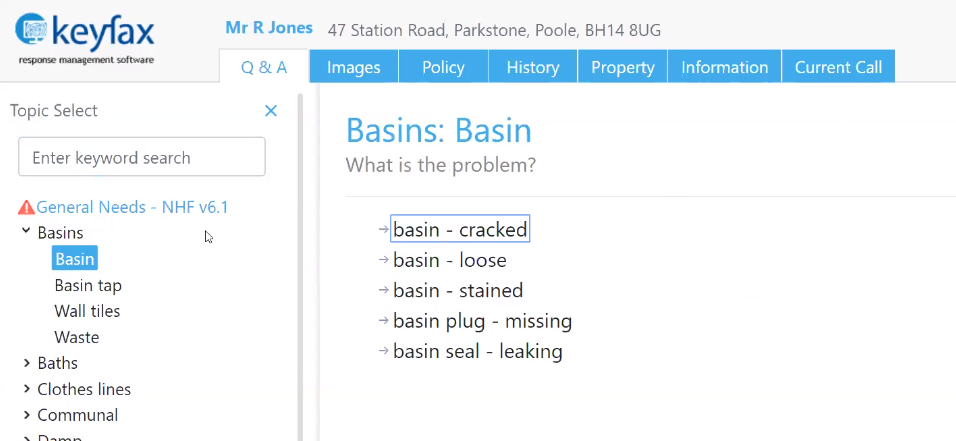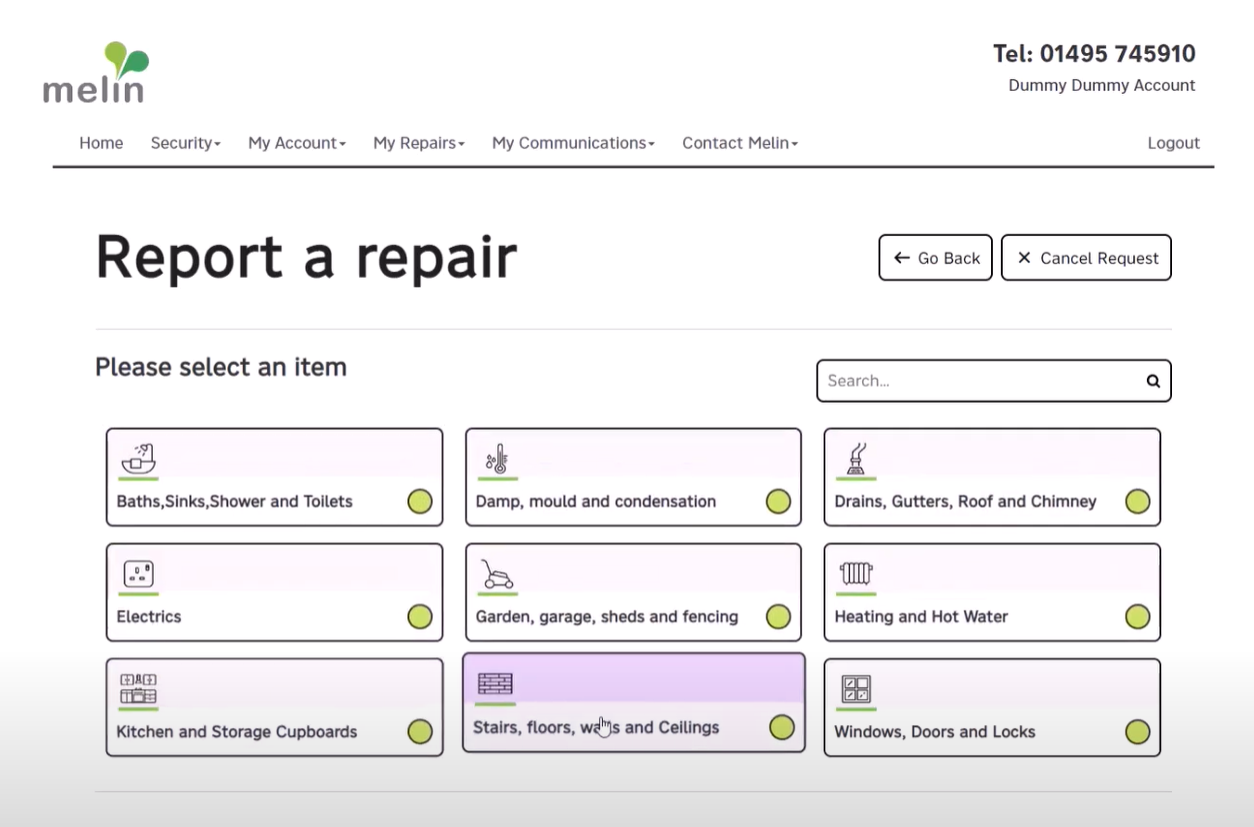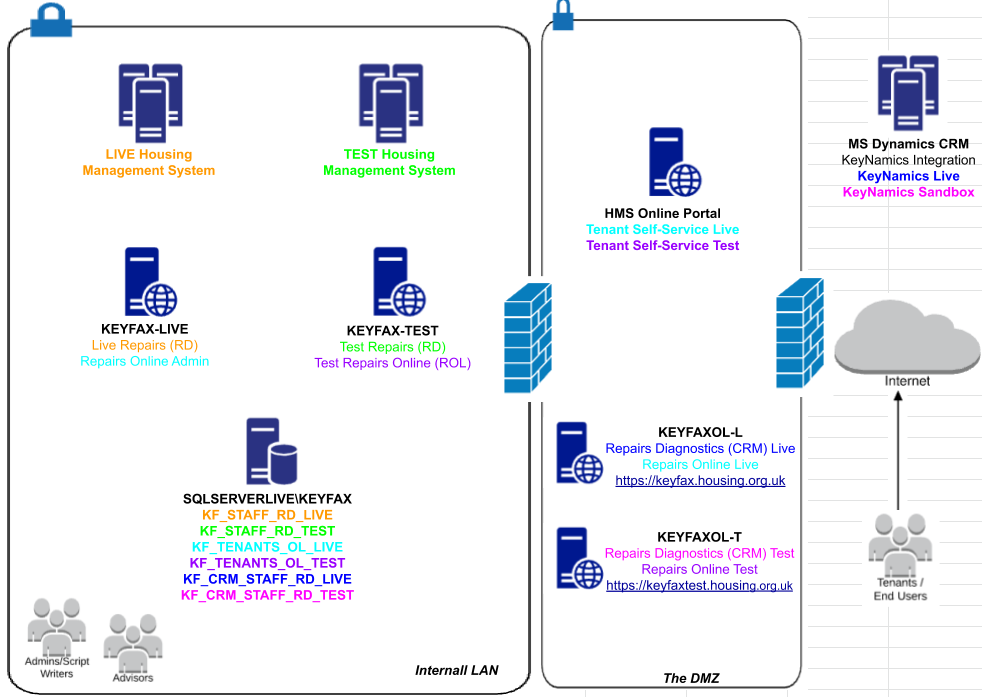
12 June, 2020
Who Needs Customer Service Soft Skills now that there’s AI?
It has often been said that the housing sector can be a little slow in embracing new technologies. However, with digital strategies and transformation projects well underway, the housing sector is now seriously considering how Artificial Intelligence (AI) can be used to improve the customer experience.
Not so long ago, it was predicted that tenant self-service would replace the contact service centre. Today, the same is being said about AI. But I don’t think Advisors need to worry just yet – the customer service advisor role is still required and here’s why:
The Human Touch
Live Chatbots powered by AI are able to answer simple questions fairly efficiently, but as soon as it gets more ‘human’, they start to struggle.
Chatbots tend to use AI to decide on a course of action but with reference to a huge database of options and natural language libraries. They also use Machine Learning to get better at dealing with a wider range of enquiries. So, effectively, these systems are “learning on the job”, so that they understand their environment and the possible questions they may be asked. But that’s a little bit like putting a trainee on the customer service frontline and saying – “It’s OK, you’ll pick it up”.
In several examples we’ve seen, chatbots sometimes give up the conversation fairly quickly and ask if you’d like to be referred to an advisor.
It’s true that some AI systems can detect a level of emotion through text input. But current systems aren’t always able to combine those emotional inputs with cold logic to decide on the best course of action.
No tenant ever said to a housing organisation “I just want to talk to a chat-bot that uses AI to pretend to be human”.
A Right Two-and-Eight
Often, when a resident needs to contact their housing provider, they can be in a state of some level of distress. They might be trying to get their broken heating fixed as quickly as possible, or perhaps they want to report some anti-social behaviour that has upset them. Either way, being able to talk to another person that can sympathise and help, meets their practical and emotional needs at the same time.
But, if the only interface a resident has to their housing provider is a tiny box in which they can type out their grievances, that can lead to frustration. Even more so, if they are not a quick typist or texter. And when the automated replies they receive don’t appear to understand what they want, and offer no sympathy with their situation, this can be doubly frustrating.
Only another human being can take into account the emotional side of a customer interaction. It is only by using customer service ‘soft skills’ of listening and empathising, that advisors can both assist the caller with their issue, and help to reduce their emotional stress.
Working side-by-side
However, there is definitely a place for AI in the contact centre. It’s often not practical to have a contact centre available 24/7, and that’s when AI comes into its own. Similarly, when AI is used within chatbots as a front-end to quickly identify what the customers issue is, it can be a benefit.
Similarly, bots can collect the initial customer details, e.g. name, address and sensitive data, and then pass the call to the advisor. This releases the advisor from routine tasks and they are able to focus on solving a customer’s issue. But nothing compares to talking to another human being, when you have a problem.
Current AI offerings provide an enhancement to existing service channels by extending customer service, but they can’t replace people.
The next step in the AI evolution is to implement a transactional chat-bot for dealing with the most popular tenant request, e.g. Repairs enquiries, Anti-social behaviour complaints and rent enquiries. This will free the advisor to deal with the specialised subjects.
Call Diagnostics Scripting

In contrast, call diagnostics scripts are doing a slightly different job, offering:
Consistency – Diagnostic scripts make sure the customer will receive the same call flow and level of customer service, no matter what time of day, or which advisor is dealing with the issue.
Policy – Diagnostic Scripts and Messages ensure that all of your advisors provide the correct advice to comply with your policies and any relevant legislation.
Training – Diagnostic scripts can be used as a training tool for new members of staff, helping the advisor learn ‘on the job’. But, unlike machine learning, they will be getting it right all the way through the call.
But it’s always (and only) the advisor that will bring the diagnostics scripts alive. As Shep Hyken says, “The bottom line is this: You can’t script sincerity!”
AI with Keyfax
The Keyfax Product Roadmap for 2020/21 includes investigating and assessing the capabilities of Chatbots, Machine Learning and Artificial Intelligence. The development team will be looking at how this might be used to enhance Keyfax, or supplement it, in the future. So, if we can enhance Keyfax in any way, using AI, we will.
But who knows what the future may hold? AI may continue to gain traction and offer more to the customer service department in terms of automation. But some tenants and residents will always want to talk to another person. That’s right at the heart of good customer service.







